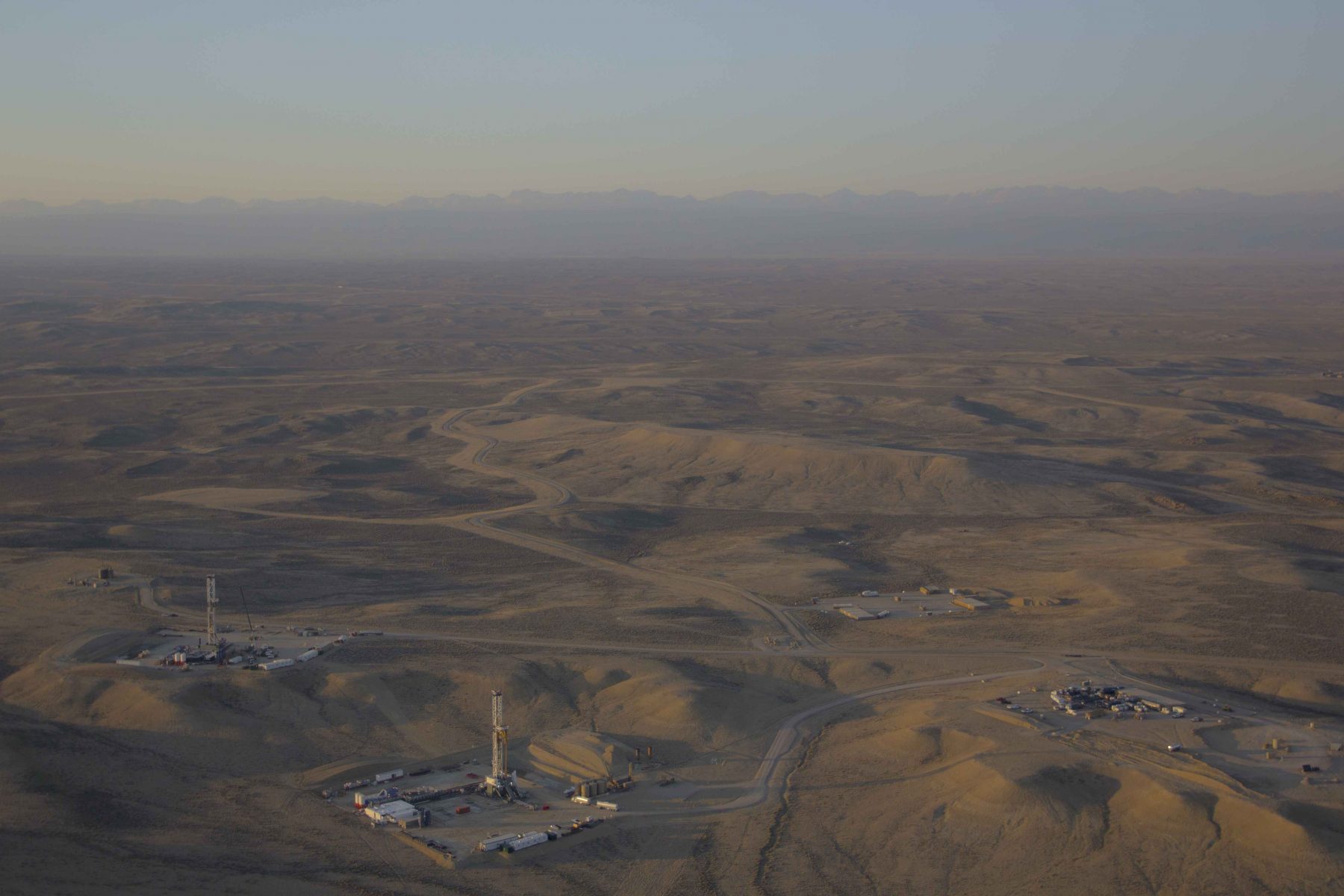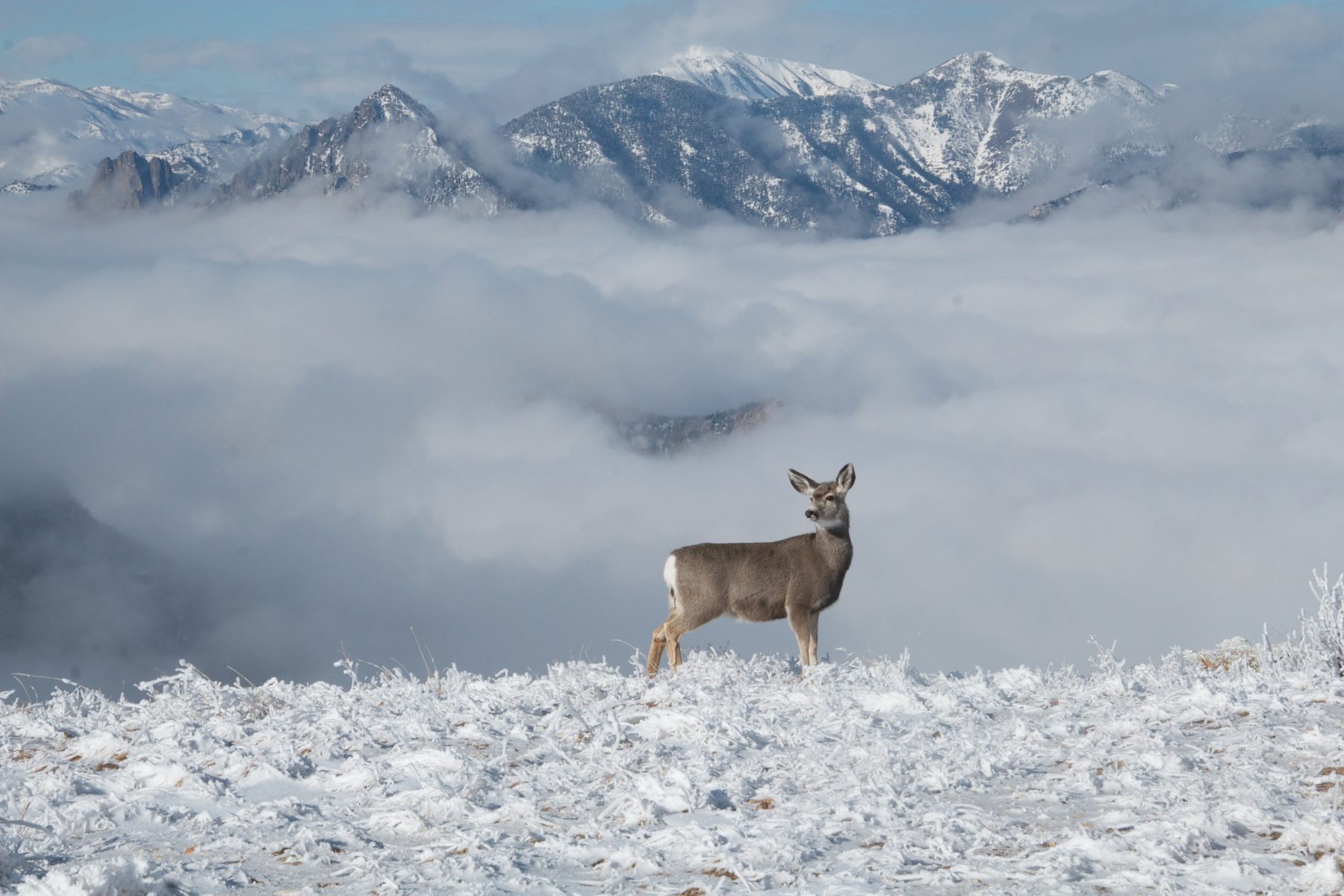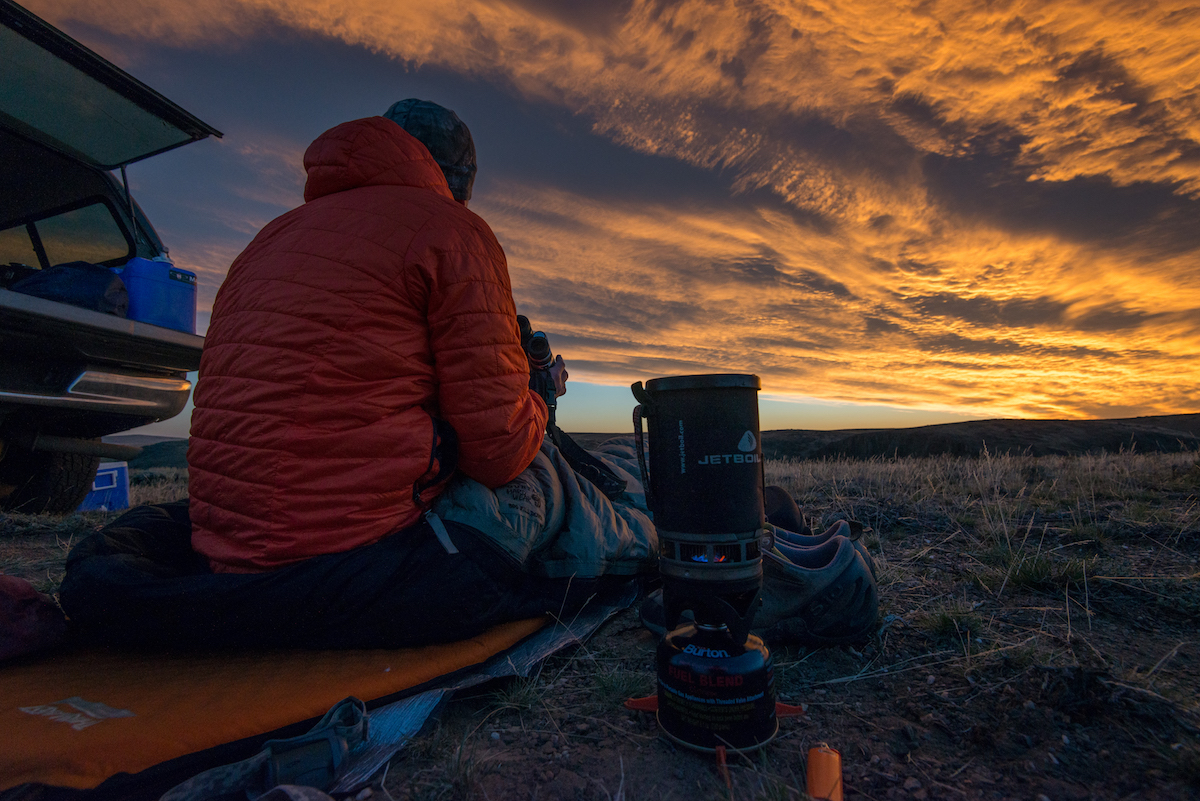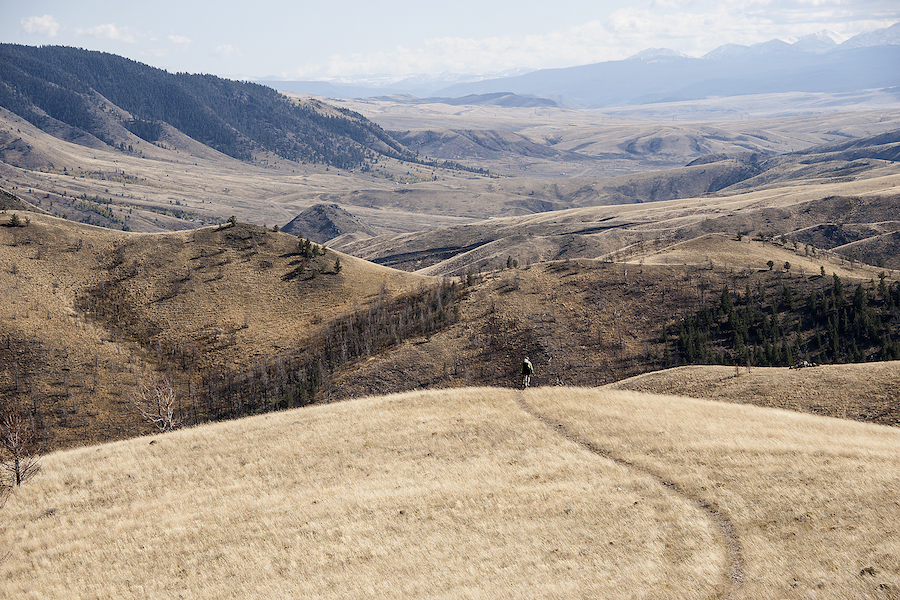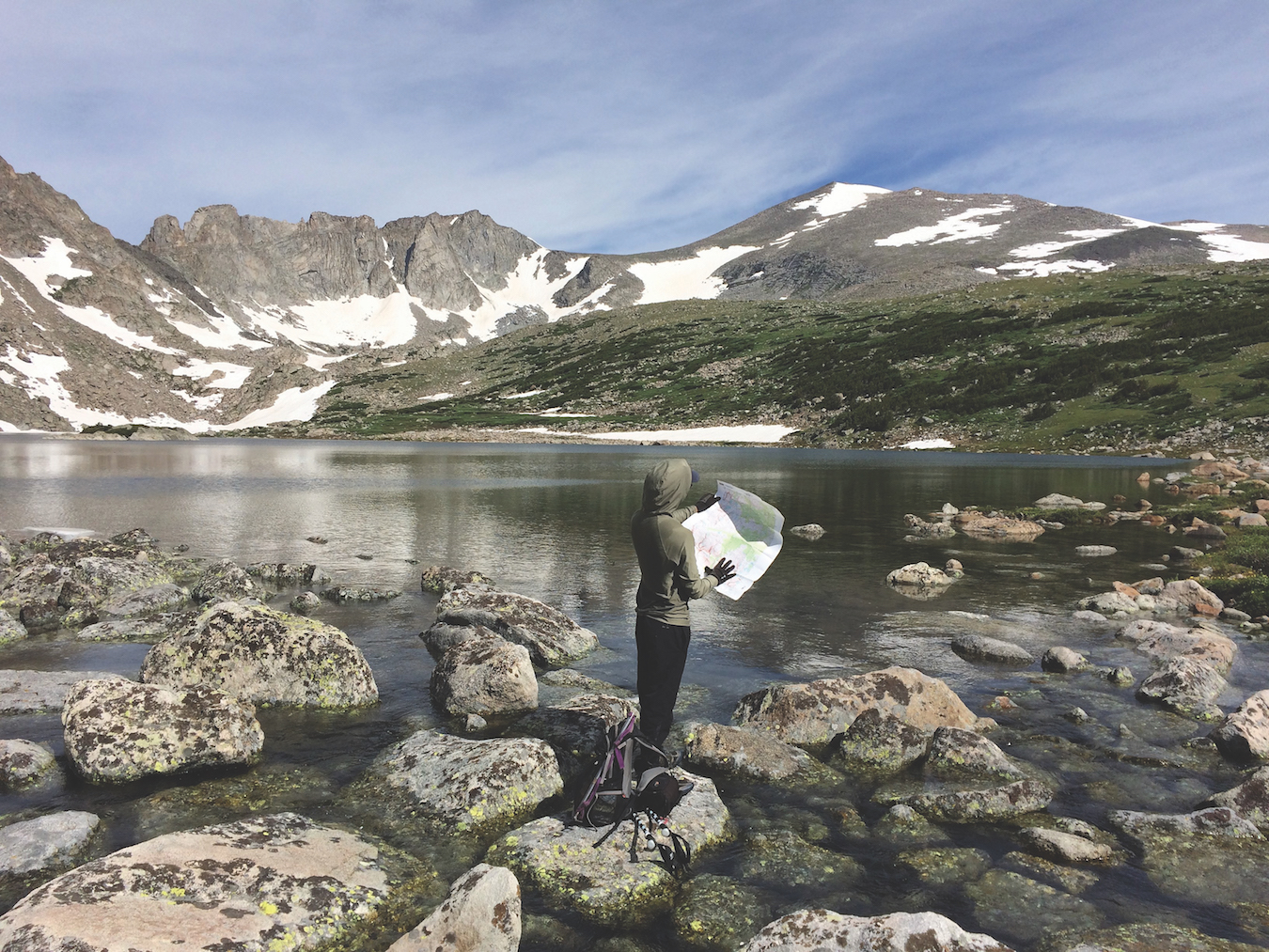[et_pb_section fb_built=”1″ _builder_version=”4.6.6″ _module_preset=”default”][et_pb_row _builder_version=”4.6.6″ _module_preset=”default”][et_pb_column type=”4_4″ _builder_version=”4.6.6″ _module_preset=”default”][et_pb_text _builder_version=”4.6.6″ _module_preset=”default” width=”75%” hover_enabled=”0″ text_line_height=”1.7em” sticky_enabled=”0″]
Last week, we asked many of you to speak up at the Wyoming Legislature’s Joint Corporations Committee meeting and oppose a bill that would have undercut rooftop solar and small scale renewables in this state. And wow‚ that’s exactly what you did. The impact of your letters, calls, emails, and testimony was undeniable. The committee heard you. Because of you, the bill was dead upon arrival.
But, as many of you know, things at the legislature can change quickly and often unexpectedly. After the committee acknowledged that the votes were not there to pass the original bill, several members pulled the rug out from under the discussion by making a motion to substitute that bill with entirely different language and intentions. No one, including some members of the committee, saw this coming, and apart from a brief screen-share of a private document, the new bill was not even publicly available.
To the many members of the public who had taken time out of their day to participate — some of them taking time out of work — this was a shockingly sneaky maneuver. The last minute bill swap undermined the ability of the public to meaningfully weigh in on the topic while pushing through these committee members’ own agenda on net metering.
Consider for a moment, that the committee hadn’t been assigned net metering as an interim topic, and that the interim is supposed to be a time for thoughtful consideration of complex issues that require public input. Voting to advance a bill that neither the public or many members of the committee had ever seen before flies in the face of that. For those of you who spent time preparing testimony on the original bill that was not even considered, we are sorry.
We’re also sorry that after nearly three and a half hours of public testimony overwhelmingly against changing our existing net metering law, the committee decided to advance the new bill to the 2021 legislative session. This new bill charges the Public Service Commission to study net metering and set new rates and conditions for customers who currently have net-metered systems. The problem is this new bill leaps to the conclusion that net-metered customers are being subsidized by other ratepayers in Wyoming. This is not necessarily true. By thinking about net metering only as a “subsidy,” without also directing the Public Service Commission to consider the economic, social, and environmental that this policy generates, this bill’s narrow focus will make rooftop solar more expensive and kill jobs in this growing sector of our economy.
So what comes next? We believe that rooftop solar and small scale renewables can and should play an important part in diversifying our state’s economy and helping us address growing concerns about carbon emissions and climate change. The Wyoming Outdoor Council, along with a large coalition of solar and renewable energy supporters, will continue working on this issue and preparing for its appearance at the 2021 legislative session. Stay tuned as there will be plenty of opportunities to defeat or amend this bill. This fight is not over.
In the meantime, there are some real heroes on the committee that questioned and fought for the integrity of the public process that could use recognition and a quick thank you. Senator Tara Nethercott, in particular, was a passionate defender against the tactics we saw used last Wednesday. If you have a moment, we would encourage you to send a thank you to her and the other four members of the committee listed below who appreciate the value of public process, and who voted not to move any legislation forward under such circumstances.
Sen. Tara Nethercott
Tara.Nethercott@wyoleg.gov, 307.399.7696
Rep. Dan Furphy
Dan.Furphy@wyoleg.gov, 307. 760.0148
Rep. Shelly Duncan
Shelly.Duncan@wyoleg.gov, 307.575.2894
Rep. Andi Clifford
Andrea.Clifford@wyoleg.gov, 307.840.4327
Rep. Jim Blackburn
Jim.Blackburn@wyoleg.gov, 307.514.4318
[/et_pb_text][/et_pb_column][/et_pb_row][/et_pb_section]



